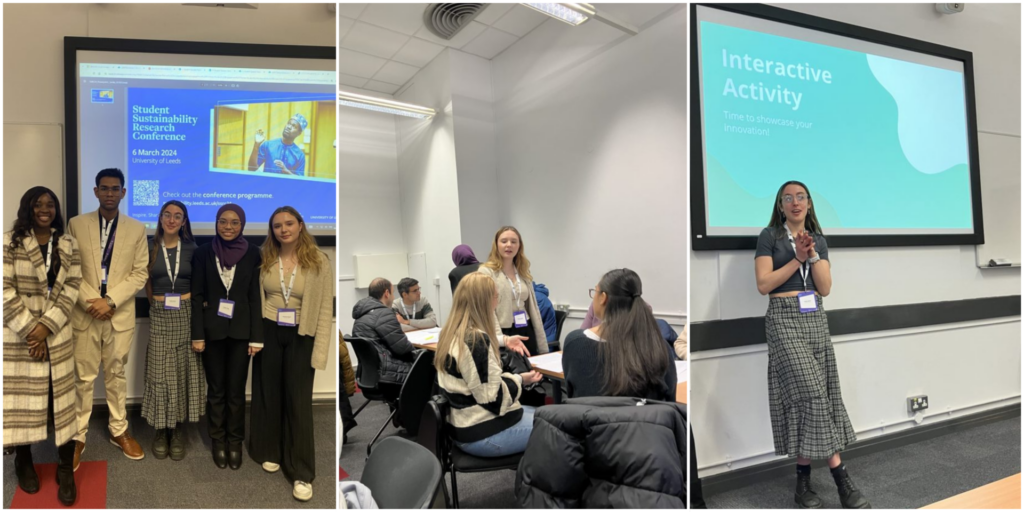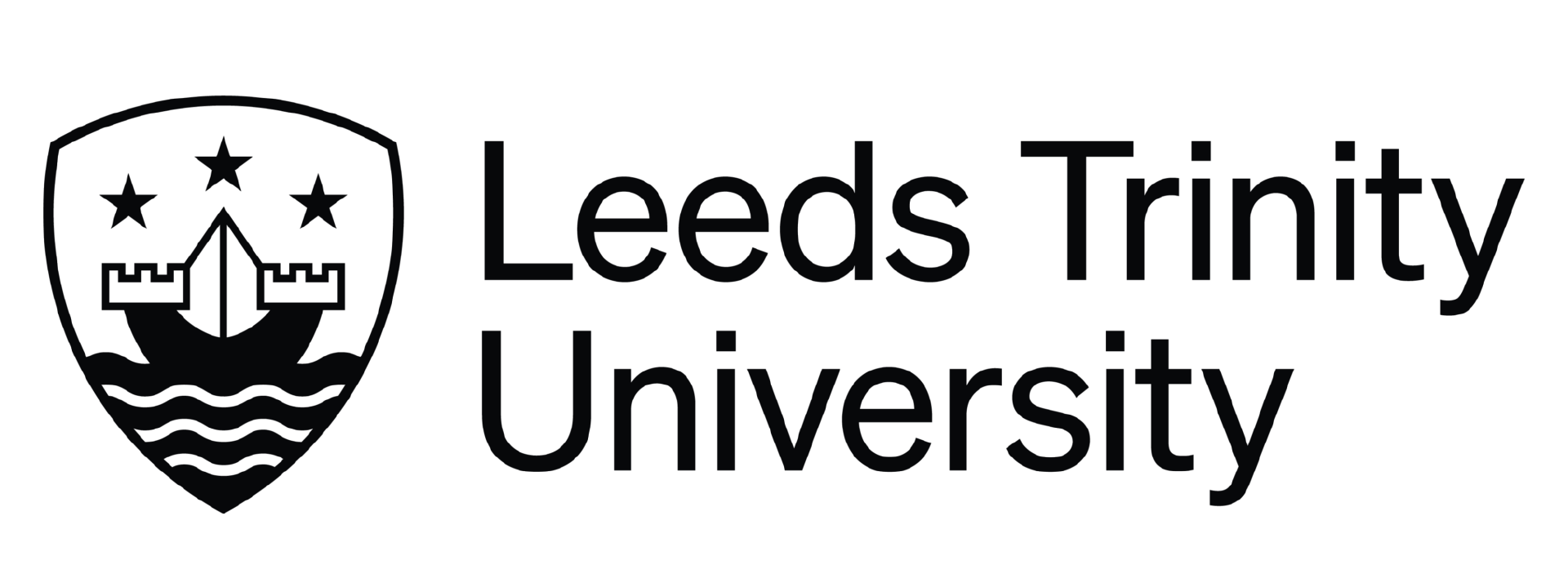Hannah Wyatt
In March, I had the opportunity to represent the University of Hull at an event focused on sustainability and student engagement across Yorkshire – the Student Sustainability Research Conference (SSRC) held at the University of Leeds, where my team and I led an interactive workshop session based on our Eco-Sprint project.
The journey began at the Yorkshire Universities (YU) Multi-University Challenge Day, held at the Climate Action Leeds hub in collaboration with the Yorkshire and Humber Climate Commission and the UPP Foundation. At the event, students from across Yorkshire’s universities came together to tackle a pressing question: How might we encourage students to engage with sustainability during their university years? To answer this, we were divided into teams comprised of students from a variety of institutions from across the region. Together, we brainstormed, prototyped, and refined our ideas, leading to the creation of Eco-Sprint — an initiative aimed at educating students about the carbon footprint of their food choices and fostering sustainable habits.
At the Student Sustainability Research Conference, our workshop aimed to actively engage participants by educating them about the environmental impact of their food choices and brainstorming ways to enhance sustainability in student life. We began with a fun quiz to determine existing knowledge on the carbon footprints of various food items, with the aim to raise awareness. Afterwards, we delved into the inception of our Eco-Sprint project, sharing how it came to life during the Multi-University Challenge Day.
For the interactive section of our conference workshop, we divided attendees into five groups, each tackling a different sustainability issue relevant to university life: travel options, social equity and inclusion, food systems, waste management, and education and outreach. Each group was tasked with proposing a solution to their assigned problem, guided by key questions. For instance, the group focusing on travel options suggested a collaborative effort with the university to establish a free student shuttle bus service at strategic points across the city, aiming to address inequality in transportation access.

Overall, my experience was motivating. In particular, it was inspiring to see how many attended our workshop and the level of engagement and collaboration involved. Many aspects of this event have benefitted my development and I have improved my ability to engage an audience, manage multiple tasks, and collaborate effectively within a team.
Events like these are crucial for students to highlight and embrace, as they offer invaluable opportunities to develop skills, expand networks, and collaborate with peers from diverse backgrounds. Personally, I was motivated to get involved by both professional and personal aspirations. Enhancing my public speaking and teamwork abilities is essential for my future career, while my passion for sustainability drove me to share knowledge and inspire positive change.
Working alongside students from various universities was extremely valuable, this has broadened my perspectives, challenged my assumptions, and built new friendships. Bringing students together to address sustainability challenges on a regional level is particularly important as it encourages us to expand our thinking outside of our own university contexts. Looking ahead, collaboration of students between universities should be encouraged and the importance of these activities should be showcased.












